I am not sure I agree with you on that he is responsible for the "rules," so if you could explain that so I can see your perspective that would be great.
Also, I highly recommend the book Edward Weston: Life Work available here http://www.lodimapress.com/html/edward_weston.html it is the most comprehensive volume of his work and the absolute finest reproductions.
They are also publishing the Brett Westons portfolios in book form that are just as wonderful.
Also, I highly recommend the book Edward Weston: Life Work available here http://www.lodimapress.com/html/edward_weston.html it is the most comprehensive volume of his work and the absolute finest reproductions.
They are also publishing the Brett Westons portfolios in book form that are just as wonderful.





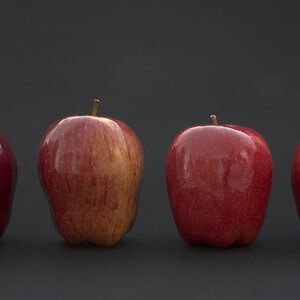
![[No title]](/data/xfmg/thumbnail/42/42016-4e3a2f053aa7a987a0b51e5a0fe85262.jpg?1619739978)
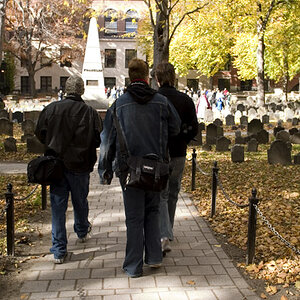
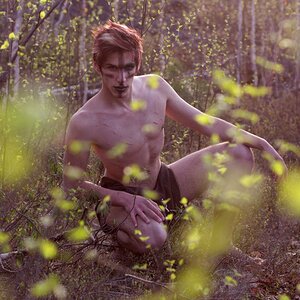
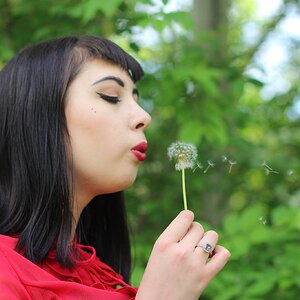

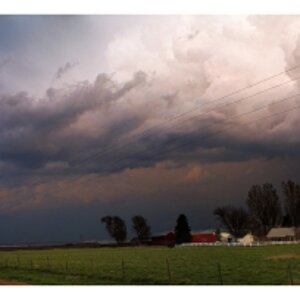
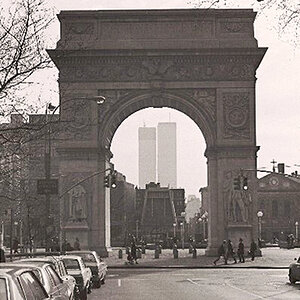
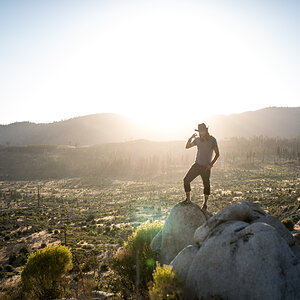
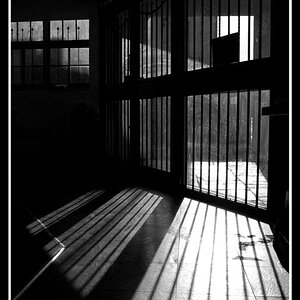
![[No title]](/data/xfmg/thumbnail/41/41783-314fbf7e0c66dfa41b2a2d535aa3a9cd.jpg?1619739891)